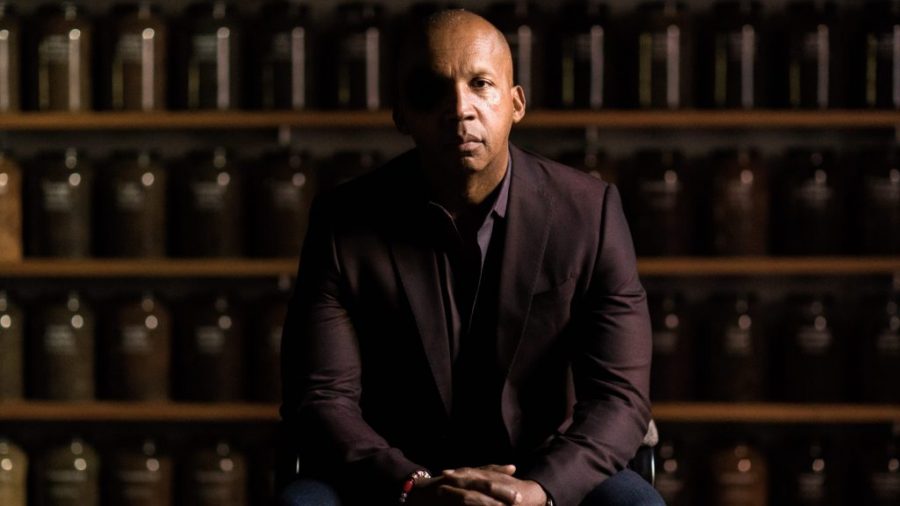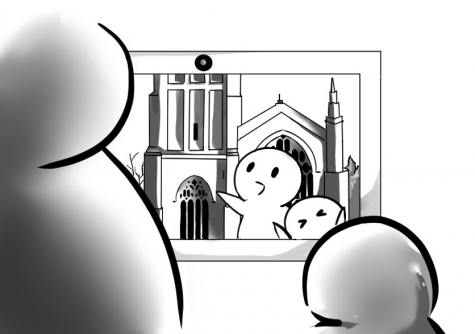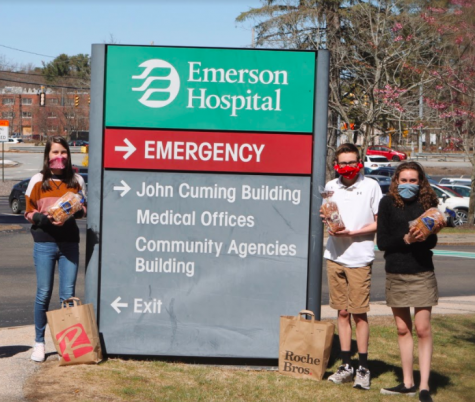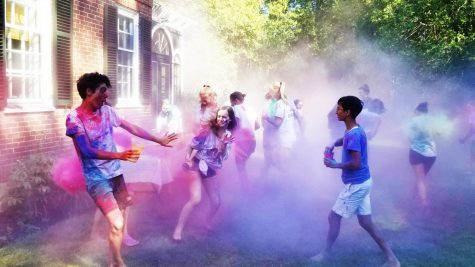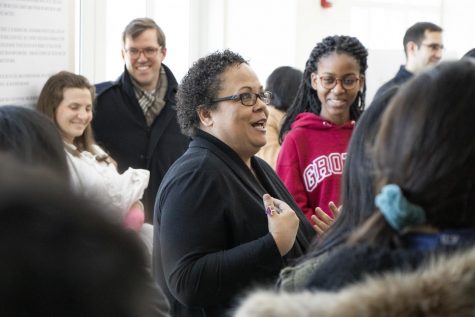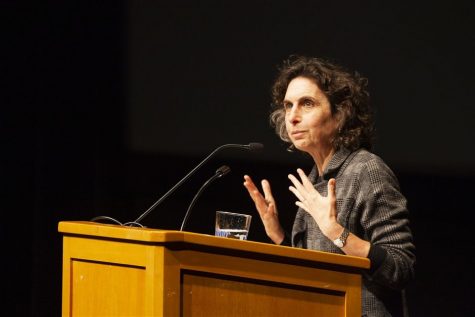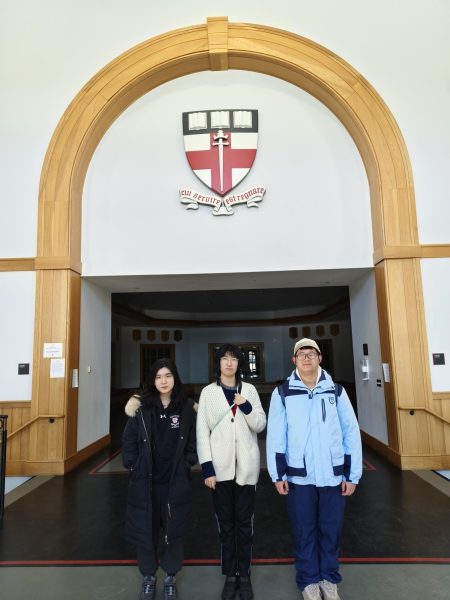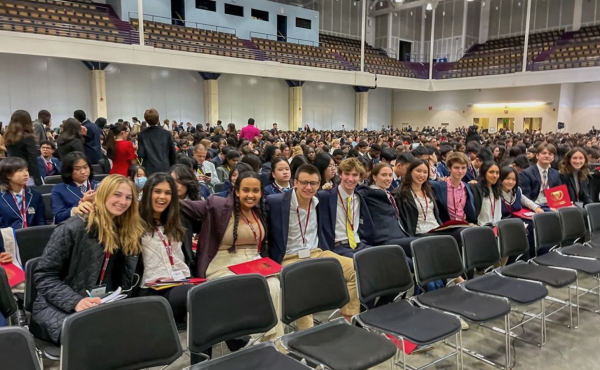Virtual MLK Day
On January 18th, students will experience an unusual MLK Day. Typically, the event begins with student performances, followed by an outside speaker, and concludes with various student-run discussion groups on topics ranging from self-exploration to identity. But this year, due to Covid-19 restrictions, MLK Day will be fully virtual. Although there will be no performances and no speaker — with movies shown instead — discussion groups will still take place.
“This event is almost fully student-driven,” commented Sravani Sen-Das, Director of Diversity and Inclusion. The three student-organizers of MLK Day are Cultural Alliance co-heads Leah Pothel ’21, Tai Campbell ’21, and Zoe Park ’21. They decided that students will watch a movie, as opposed to having a virtual speaker. Second, third, fourth formers and faculty will watch True Justice, a documentary about Byran Stevenson’s work to reform the criminal justice system. Fifth and sixth formers will watch LA-92, a documentary about the riots in the wake of the Rodney King beating. According to Leah, both movies were chosen due to their relevance to the Black Lives Matter (BLM) protests.
After the movie, both students and faculty will participate in three discussion groups, punctuated by three breaks in between. Lunch break has been purposefully lengthened this year to prevent Zoom fatigue and increase engagement. The first meeting will be a discussion group facilitated by fifth and sixth formers based on the movies. For the remaining two meetings, students working closely with D&I will lead a set of planned workshops. Examples of some workshops include: “Allyship,” “Capital Punishment,” “Environmental racism,” and “Mental Health and Identity.” All the workshops relate to core cultural identifiers, such as race, sexual orientation, and family structure.
Leah believes that the passion student volunteers have for their respective topics will enliven the Zoom discussions and help counteract the inherent difficulty of staying focused virtually. She added, “Since there are so many workshops, all which are very unique, students can choose something specific to their interests.”
Not all workshops will be open to faculty.
“While by default, all the workshops include faculty, the ones that don’t have to do with topics which students might not be as comfortable talking about with faculty, like sex or fetishization,” said Zoe Park ’21. “We want to make sure both workshop leaders and participating students feel comfortable fully taking a part in these discussions.”
The students running one particular workshop exhibited enthusiastic interest in their response to the storming of the Capitol. Run by Zoe Colloredo-Mansfeld ’21 and Leah, their workshop, “Show me what Democracy Looks Like!,” examines some of the major protests of the last four years as well as the recent Capitol insurrection to compare public perception and ultimate impact of different movements and investigate what we can learn about our country from the way protest has grown and changed under Trump. “We also wish to provide a forum in which students can reflect on general current events related to protesting,” said Leah.
Another workshop, run by Amelia Lee ’22, focuses on cultural authenticity. “We will consider the unequal power dynamic between the appropriated and the appropriator, our own biases in determining ‘authenticity,’ and how (and whether) to protect it in a growingly multicultural world,” she explained. “I feel that these topics are inextricably tied to MLK Day’s values of tackling inequality, privilege, and prejudice.”
Zoe Park noted, “The evening will conclude with a dorm discussion that touches on everything students learned over the course of the day; we hope that students will take this time to reflect not just on what has been learned, but what must still be learned and how we can take our new knowledge with us beyond just these discussions.”


